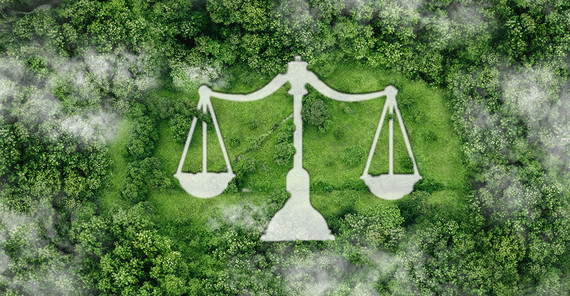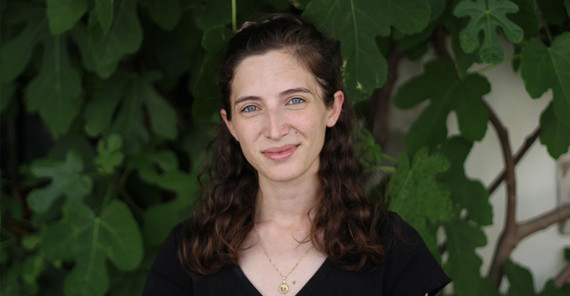Preventing the climate catastrophe is a task for all humankind, says the researcher. The agreement concluded at the 2015 UN Climate Change Conference proves this. After all, 197 countries contributed to it and almost all of them have since ratified it. At the same time, not everyone has the same possibilities to make a difference. Rich and poor, politically powerful or not, global South and North – some simply have more pull. But do those who can achieve more also have a greater responsibility to actually do it? In theory, the concept of climate justice precisely pursues this goal: globally distributing the burdens and opportunities of climate change in a fair way. This means that the main perpetrators of climate change must do more. “Difficult in practice,” says Kalia Barkai.
“Experience shows that if you assign responsibility to everybody, there is a risk that nobody will do anything in the end.” Therefore, it is about offering positive incentives. “We need to convince those who can do more.” With best practice examples, for instance. “That could result in everyone wanting to contribute more.” At the same time, the public pressure exerted on political stakeholders by activists, journalists, and civil society initiatives must not slacken.
Kalia Barkai, too, wants to make a difference. “I want to be something like a bridge builder between science and politics.” To achieve this, she is researching so-called “climate-resilient development pathways in the Global South”, i.e. the question of how developing countries in particular can succeed in tackling social and economic challenges without neglecting climate protection. The South African-born researcher came to Potsdam with a German Chancellor Fellowship from the Alexander von Humboldt Foundation and will begin her doctorate with political scientist Fabian Schuppert in the fall. “I am currently working on the phenomenon of climate mobility,” she says, “because we have not yet fully understood how climate change affects migration and the mobility of people.” Who is affected where and how? How does climate-induced mobility work? How do politicians deal with it? One thing is clear: The climate crisis is forcing people in different parts of the world to leave their homes. But there are still too many unanswered questions and too little is known. With her research, Kalia Barkai wants to contribute to achieving more clarity.
She came to Potsdam to contribute to the exchange between players in research from a wide range of disciplines and international climate policy. After all, this is also part of the climate justice project. “There should be even more ‘shared learning’ between the Global South and North,” she says. “If we want to achieve something, we need to build networks, provide information, and create trust so that the necessary transformations are supported by everyone.”
Further reading
Current publications by Kalia Ruth Barkai: Taylor, A., Methner, N., Barkai, K. R., McClure, A., Jack, C., New, M., & Ziervogel, G., Operationalising climate-resilient development pathways in the Global South. Current Opinion in Environmental Sustainability, 64 (2023), https://doi.org/10.1016/j.cosust.2023.101328
The Researcher
The South African-born Kalia Ruth Barkai came to Potsdam with a German Chancellor Fellowship from the Alexander von Humboldt Foundation and will begin her doctorate with political scientist Fabian Schuppert in the fall.
This text was published in the university magazine Portal Wissen - Eins 2024 „Bildung:digital“ (PDF).


